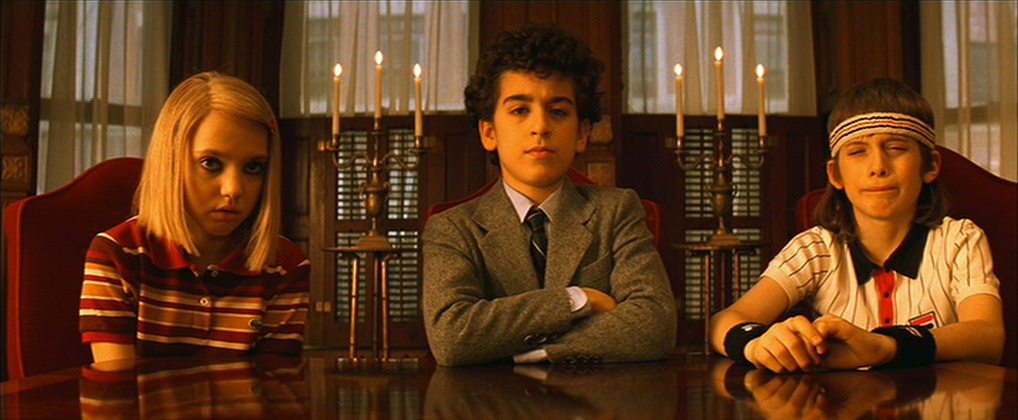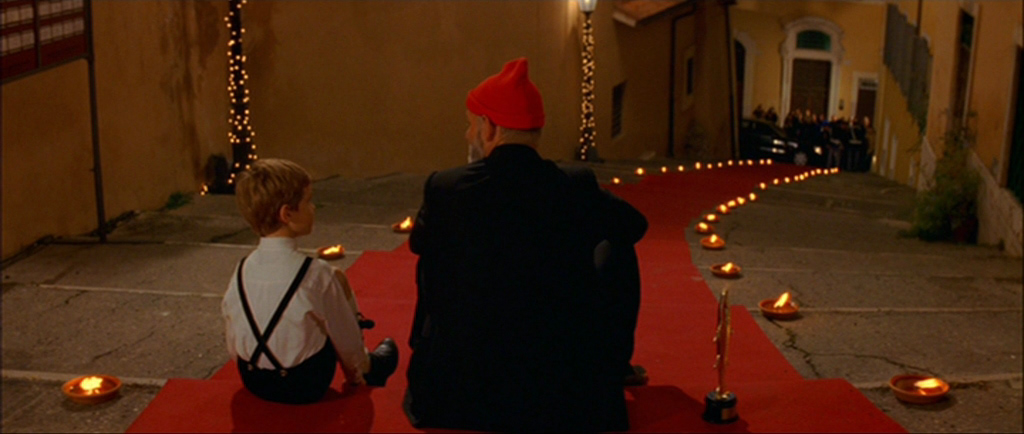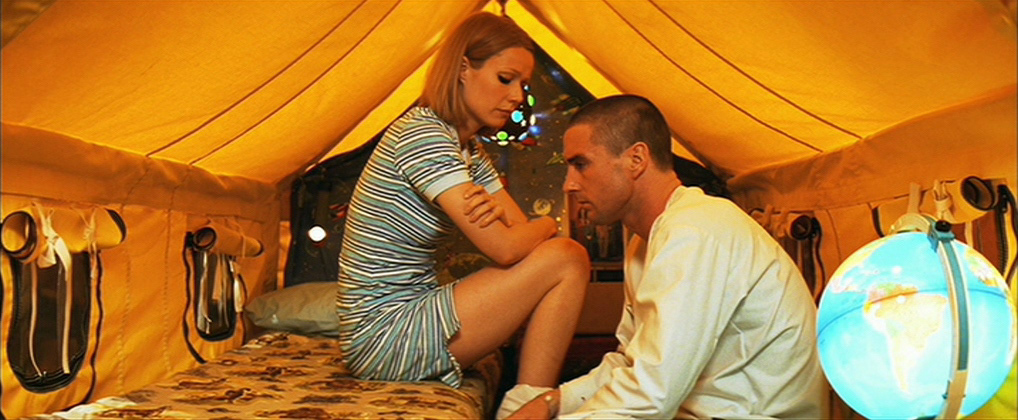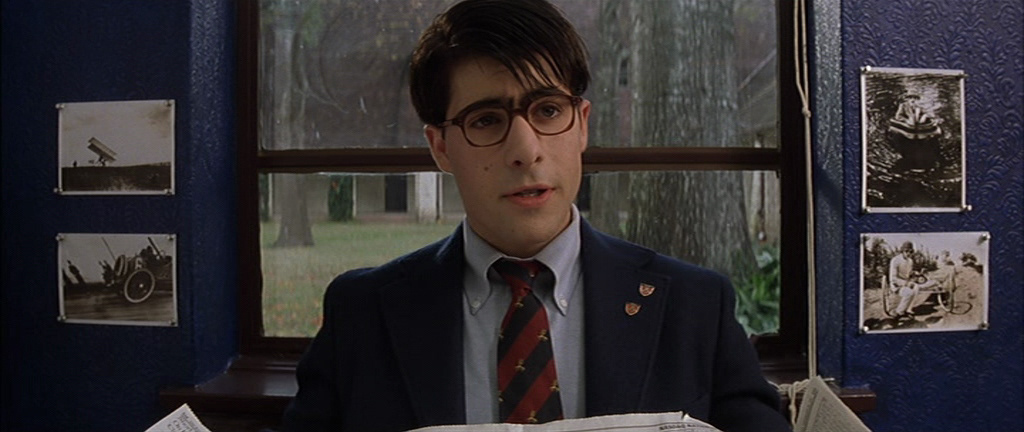The general arc I started with had these two main ingredients:
01_a child acting like an adult, who, in fact, is later revealed to be an adult
02_the parent who hurt the child in the past, but is now seeking redemption.
01_a child acting like an adult, who, in fact, is later revealed to be an adult
02_the parent who hurt the child in the past, but is now seeking redemption.
With these in mind, my deep dive for story inspirations began.
STORY & THEME INSPIRATION
Contrary to the dreamlike dollhouse of a world in Wes Anderson’s films, the themes are remarkably unglamorous: familial disintegration, often with absent fathers. In what is aptly summarized as “prettified lonesomeness,” his characters are subject to the emotional damage caused by their dysfunctional family.
"The Royal Tenenbaums (2001)" follows the father — Royal’s journey, as he tries to make amends with the children he wronged and left after splitting with the matriarch. Though his intentions are initially received with mixed feelings and even suspicion, he ultimately gets a chance to improve his relationship with his children in the last act. Seeing that Royal's character arc paralleled the parent in my story, I paid particularly close attention to how Chas and Royal reconcile only after Royal owns up to his wrongdoings.
"The Royal Tenenbaums" (2021)
CHARACTER INSPIRATION
In Anderson’s films, children are wise and precocious, while adults emote and behave like children. The Tenenbaum family is probably the most literal depiction of the Andersonian character trope: young Chas is literally in a suit crunching numbers, while grownup Margot has a tent pitched in her room, decorated with juvenile ornaments and accolades from her childhood. Each with a different pain, the Tenenbaum siblings as adults are far from the prodigy they all once were with promising prospects. Their stunted growth manifests in the way they dress: Margot and Richie are practically stuck in the same wardrobe they experienced early successes in during their childhood.

"The Royal Tenenbaums" (2001)

"The Life Aquatic with Steve Zissou" (2004)

"The Royal Tenenbaums" (2001)

"Rushmore" (1998)
The imagery of a small boy in a suit so prevalent in Anderson’s films struck a chord with me as a visual metaphor for the emotionally stunted man. While the child in my film isn’t necessarily a stand-in for wise, mature children as those in Anderson’s films, the character's child physique is a visual representation of his emotional state that has remained unresolved since the day he experienced trauma.
